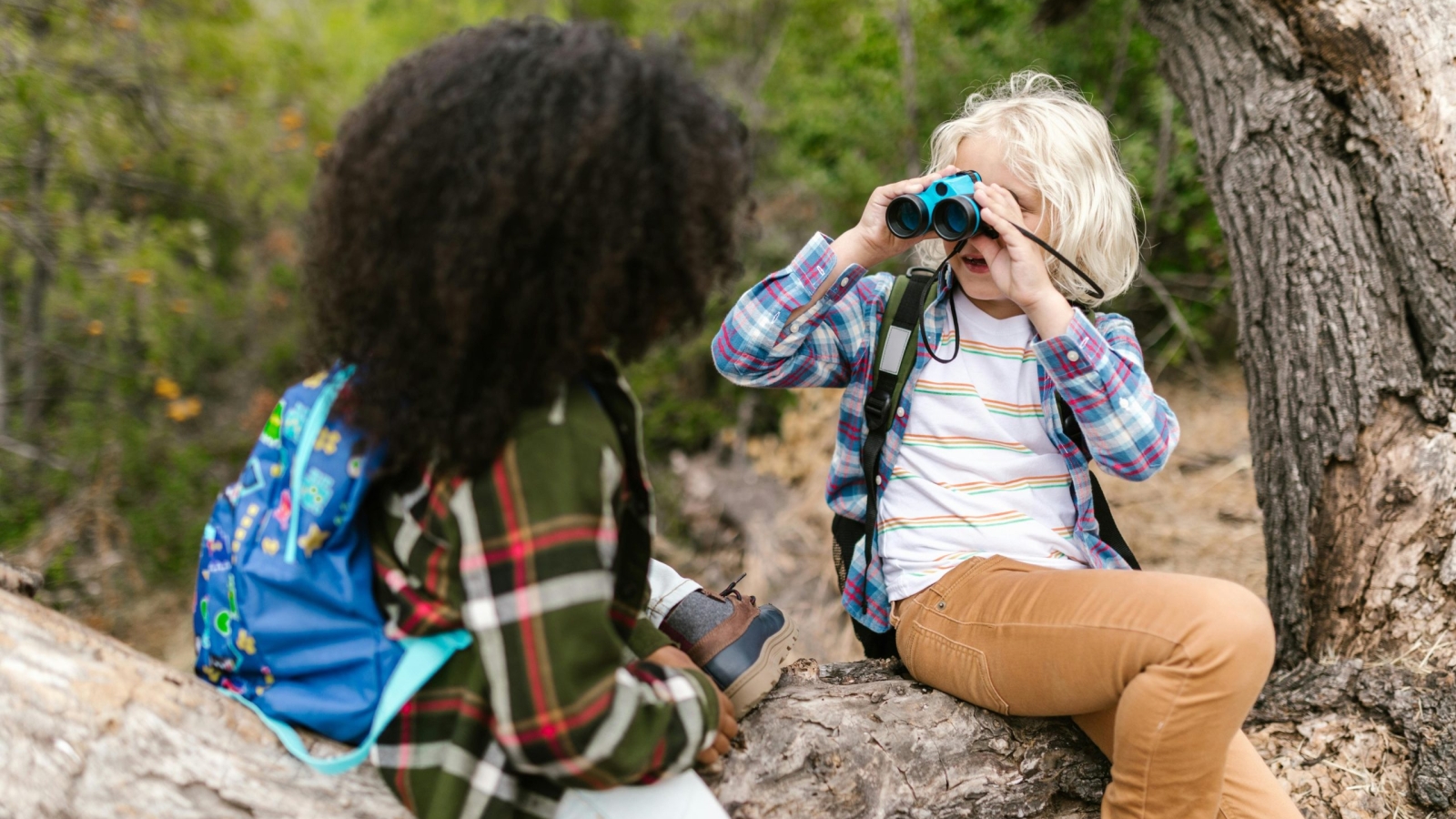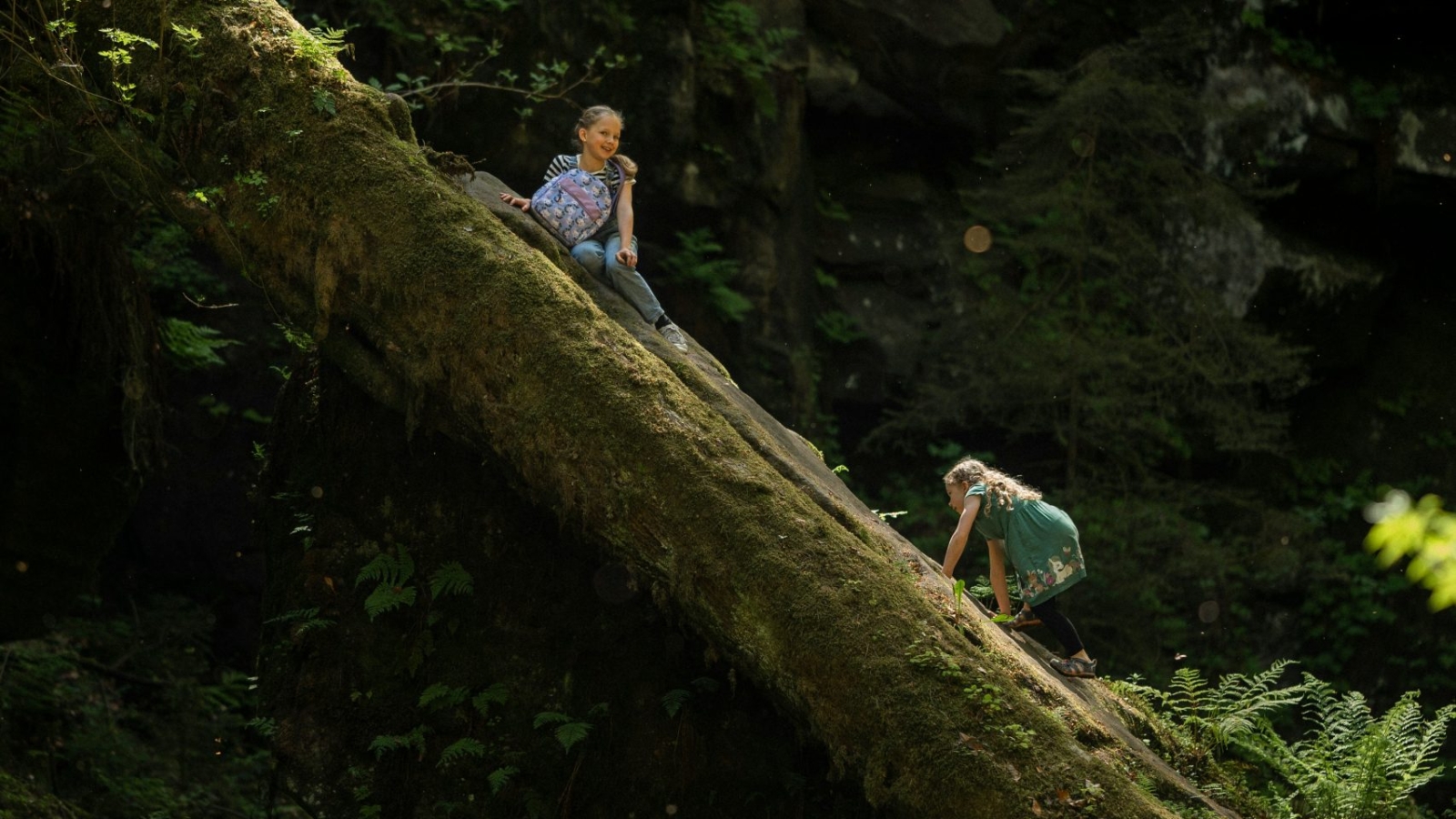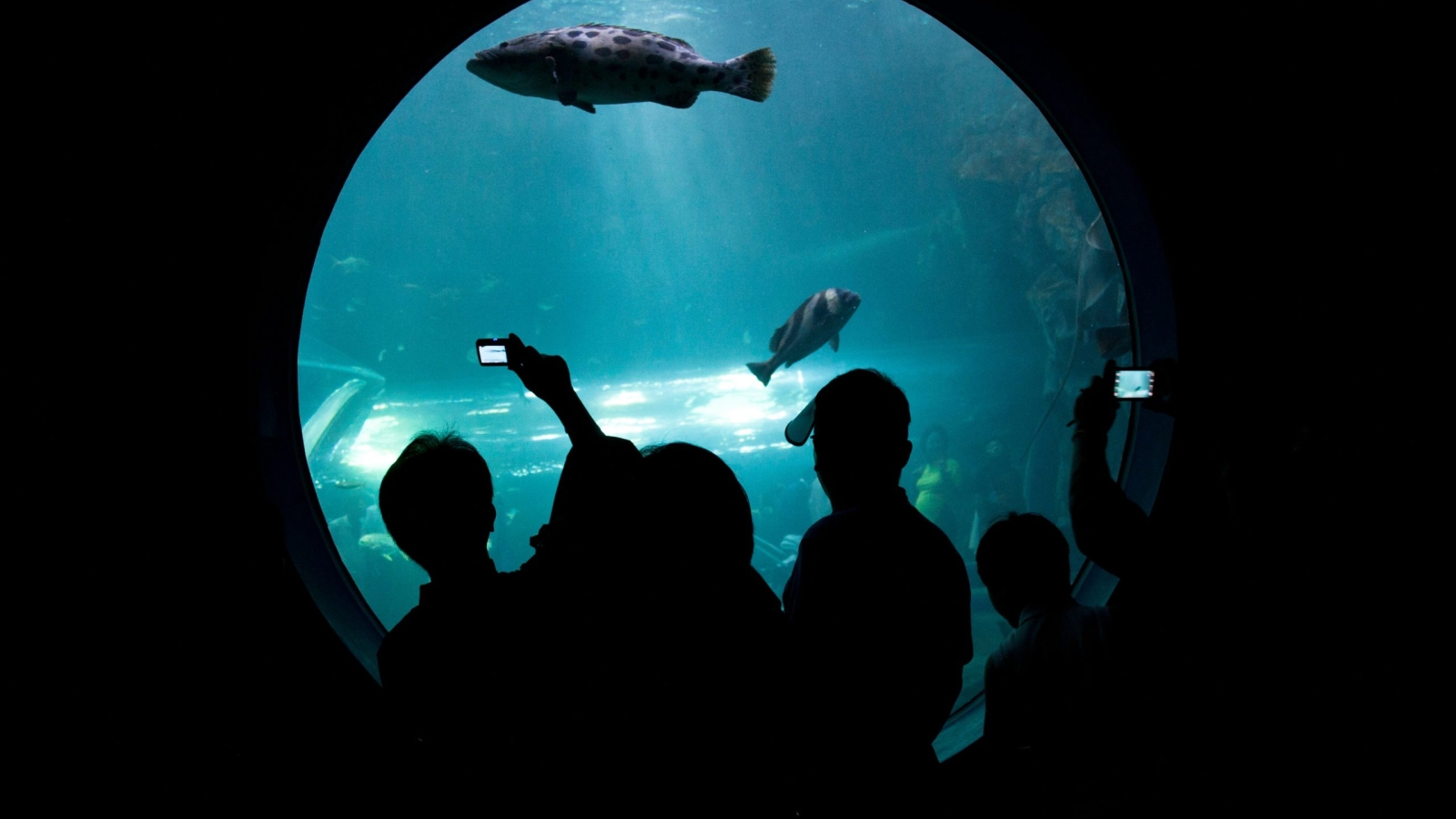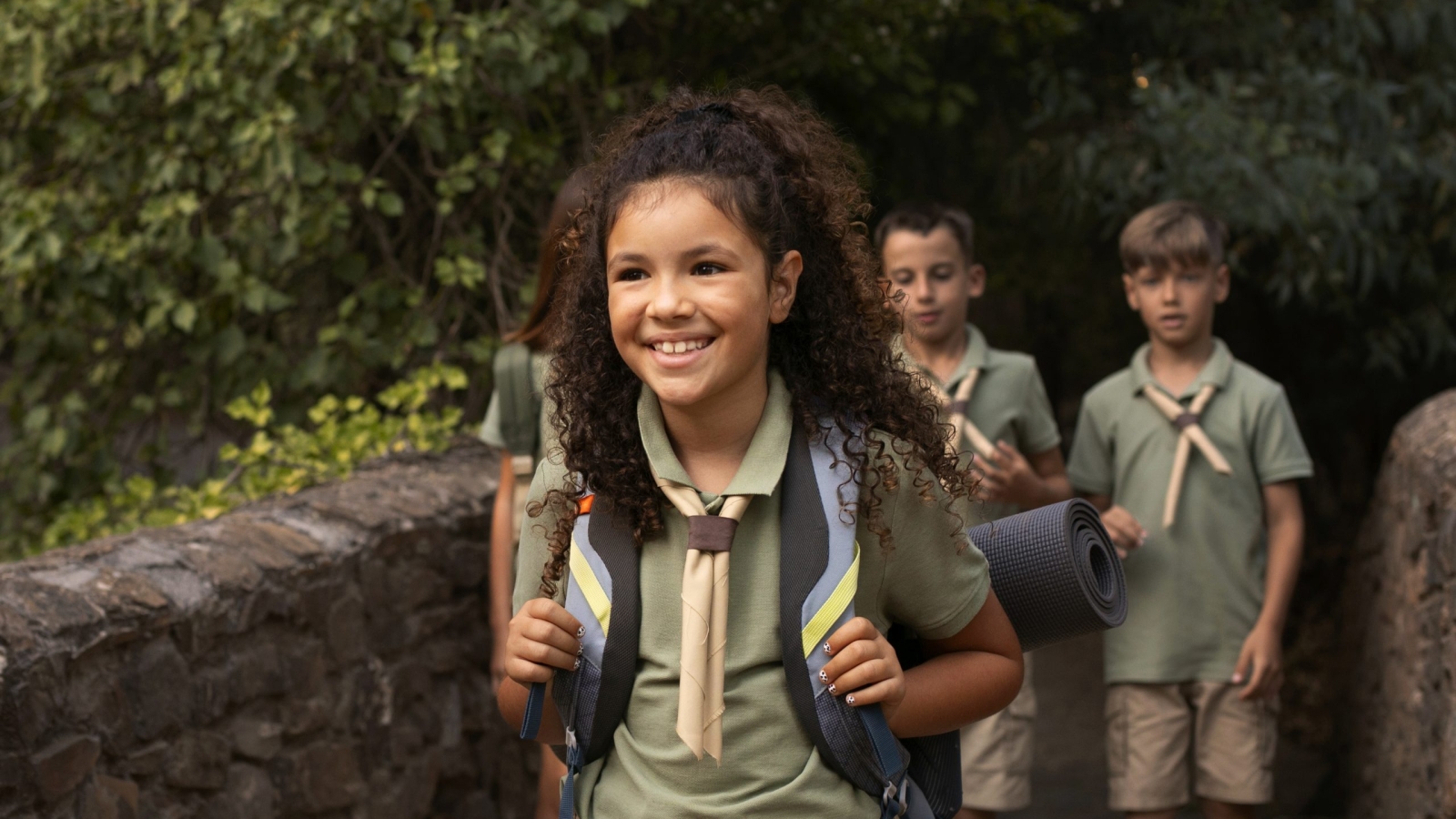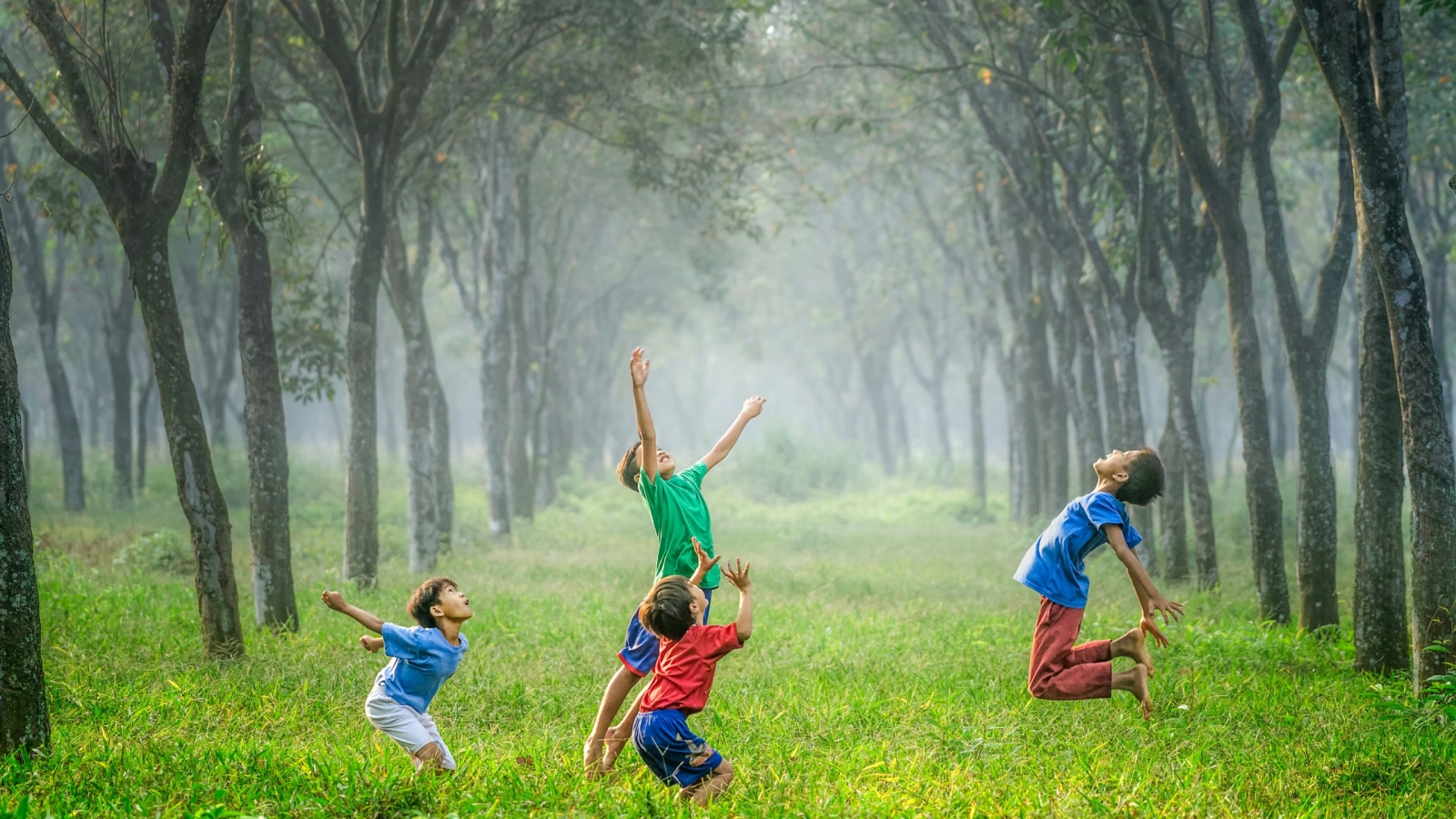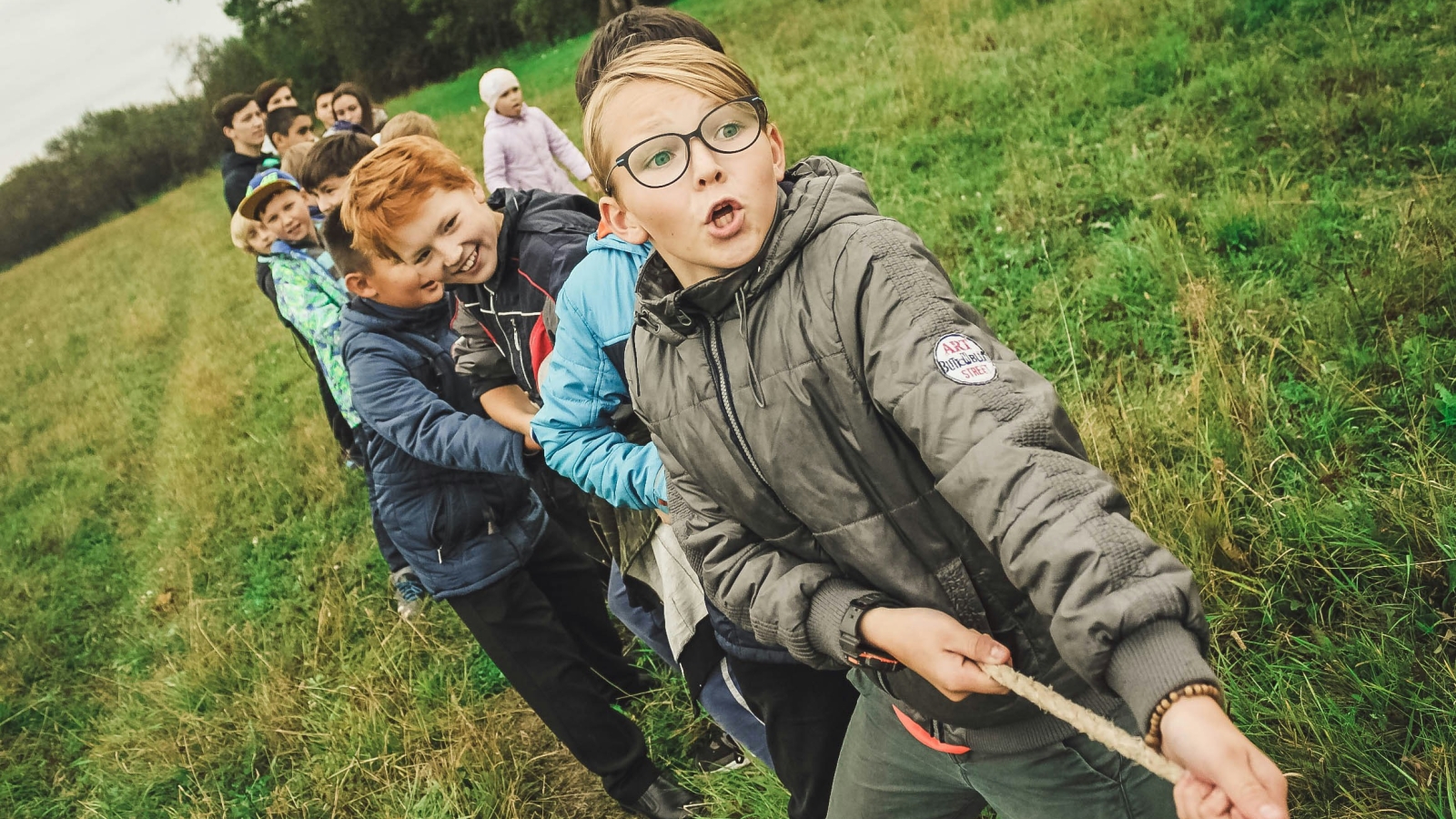In today’s increasingly digital and fast-paced world, students often find themselves overwhelmed by academic pressures, social expectations, and the constant distractions of technology. Amidst these challenges, the importance of mental health and well-being in education has become more prominent. One powerful and natural way to support students’ emotional and physical health is through nature field trips. Stepping outside the classroom and into the great outdoors offers students a much-needed break, fostering relaxation, connection, and growth. Nature field trips provide unique opportunities to improve student well-being in ways that traditional educational settings cannot.
1. Reducing Stress Through Nature’s Calming Effect
Studies have shown that spending time in nature has a calming effect on the mind and body. Nature field trips allow students to immerse themselves in green spaces, away from the stresses of academic life. The sights, sounds, and fresh air of natural environments reduce levels of the stress hormone cortisol, helping students feel more relaxed and grounded. Whether it’s a walk through a forest, a day at the beach, or exploring a wildlife reserve, these experiences offer a mental and emotional reset that can significantly reduce anxiety and tension.
2. Encouraging Physical Activity in a Fun, Relaxed Setting
Nature field trips often involve physical activities such as hiking, walking, or exploring outdoor spaces. These activities not only promote physical health but also have a positive impact on mental well-being. Exercise triggers the release of endorphins, the body’s natural mood boosters, which help reduce symptoms of stress, depression, and anxiety. When students engage in physical activity in a relaxed, enjoyable outdoor environment, they benefit both mentally and physically, while gaining a sense of achievement and accomplishment.
3. Improving Focus and Cognitive Function
Spending time in nature has been proven to restore attention and improve focus. This is especially beneficial for students who spend hours sitting in classrooms, staring at screens, and multitasking between assignments. Nature field trips offer a break from these cognitive demands, allowing the brain to reset and refresh. After spending time outdoors, students often return to their studies with renewed focus, sharper attention, and improved problem-solving abilities. This boost in cognitive function supports both academic performance and mental clarity.
4. Boosting Emotional Well-Being and Reducing Anxiety
For many students, the pressures of school and social life can trigger feelings of anxiety or even depression. Nature has a unique ability to elevate mood and foster emotional balance. The peacefulness and beauty of natural surroundings help students experience a sense of calm and joy, reducing feelings of worry and sadness. Nature field trips also provide an opportunity for students to disconnect from their devices and reconnect with themselves, promoting mindfulness and emotional regulation.
5. Building Social Connections and a Sense of Belonging
In natural settings, students have the chance to bond with their peers in a more relaxed and informal way. Whether it’s working together to navigate a trail, participating in a nature-based scavenger hunt, or simply enjoying the outdoors, these shared experiences foster positive social interactions. Nature field trips create an environment where students feel more comfortable opening up, forming friendships, and supporting one another. This sense of connection and belonging is essential for emotional well-being and helps reduce feelings of isolation.
6. Cultivating Mindfulness and a Connection to the Natural World
Nature field trips encourage students to slow down and be present in the moment. The practice of mindfulness—paying attention to the present without judgment—is naturally fostered in outdoor environments. Whether students are observing wildlife, listening to the sound of a river, or feeling the breeze on their skin, nature offers countless opportunities to practice mindfulness. This can help reduce anxiety, improve emotional regulation, and enhance overall well-being. Additionally, being in nature helps students develop a sense of responsibility and appreciation for the environment, which can contribute to a deeper connection with the world around them.
7. Promoting Mental Resilience and a Growth Mindset
Nature is filled with opportunities for exploration, challenge, and growth. From navigating uneven terrain to adapting to changing weather conditions, nature field trips push students out of their comfort zones in a positive way. These challenges help build mental resilience—the ability to adapt and bounce back from difficulties. When students face obstacles in nature and successfully overcome them, they develop a growth mindset, the belief that they can learn and grow through effort and persistence. This mindset is crucial for coping with academic pressures and life challenges.
8. Fostering Creativity and Imagination
Nature has long been a source of inspiration for artists, writers, and thinkers, and the same holds true for students. Being in nature sparks creativity and imagination, allowing students to think freely and explore new ideas. Without the distractions of technology or the confines of a classroom, students can engage in creative play, observation, and problem-solving. Nature field trips inspire curiosity and wonder, encouraging students to look at the world with fresh eyes and think more creatively about the challenges they face.
9. Enhancing Overall Happiness and Life Satisfaction
Spending time outdoors has been linked to increased happiness and life satisfaction. The combination of physical activity, social interaction, and the beauty of nature leads to an overall improvement in mood and well-being. Nature field trips help students develop a positive outlook on life, appreciate the world around them, and feel more connected to their peers and teachers. This enhanced sense of well-being can have lasting effects, helping students feel more engaged and fulfilled in both their academic and personal lives.
Conclusion
Nature field trips offer more than just a break from the classroom—they are powerful tools for promoting student well-being. From reducing stress and anxiety to fostering creativity and building social connections, the benefits of spending time in nature are profound. As schools continue to prioritize the mental and emotional health of students, incorporating nature field trips into the curriculum can provide a holistic approach to education that nurtures both the mind and the spirit. Through these outdoor experiences, students can cultivate resilience, mindfulness, and a deeper connection to themselves and the world around them, ultimately leading to healthier, happier lives.

